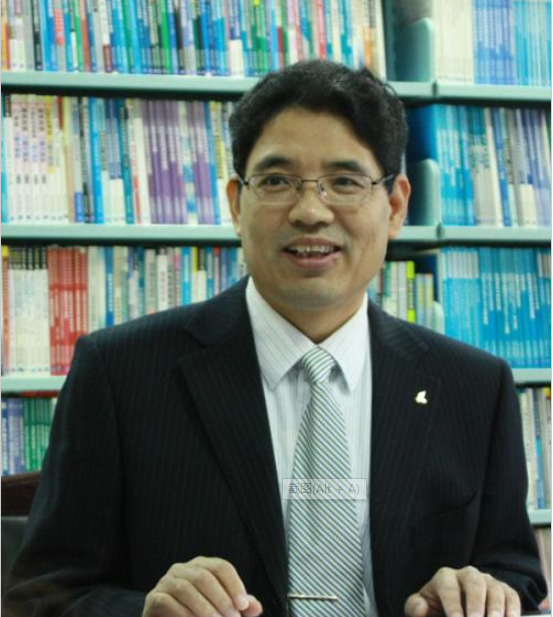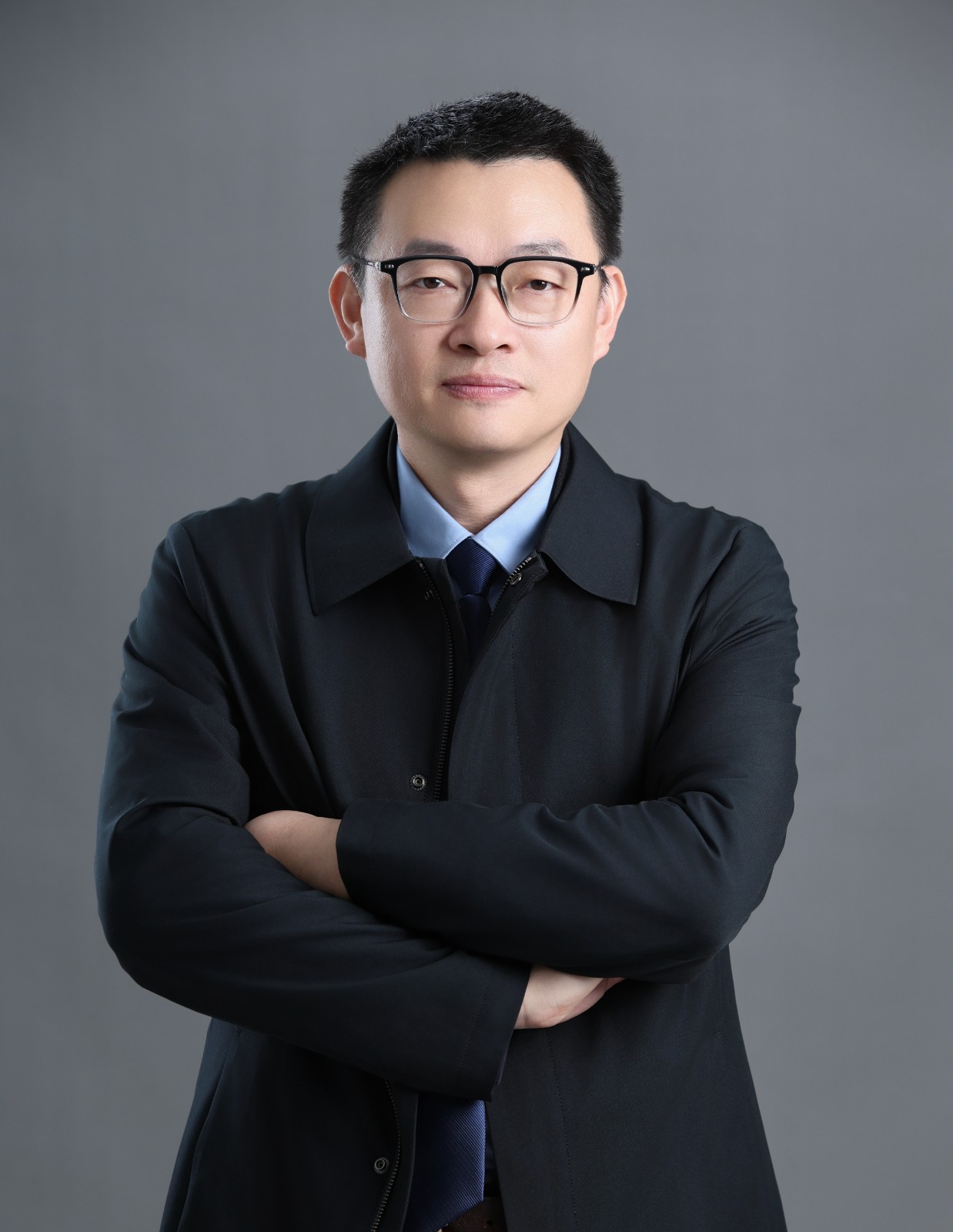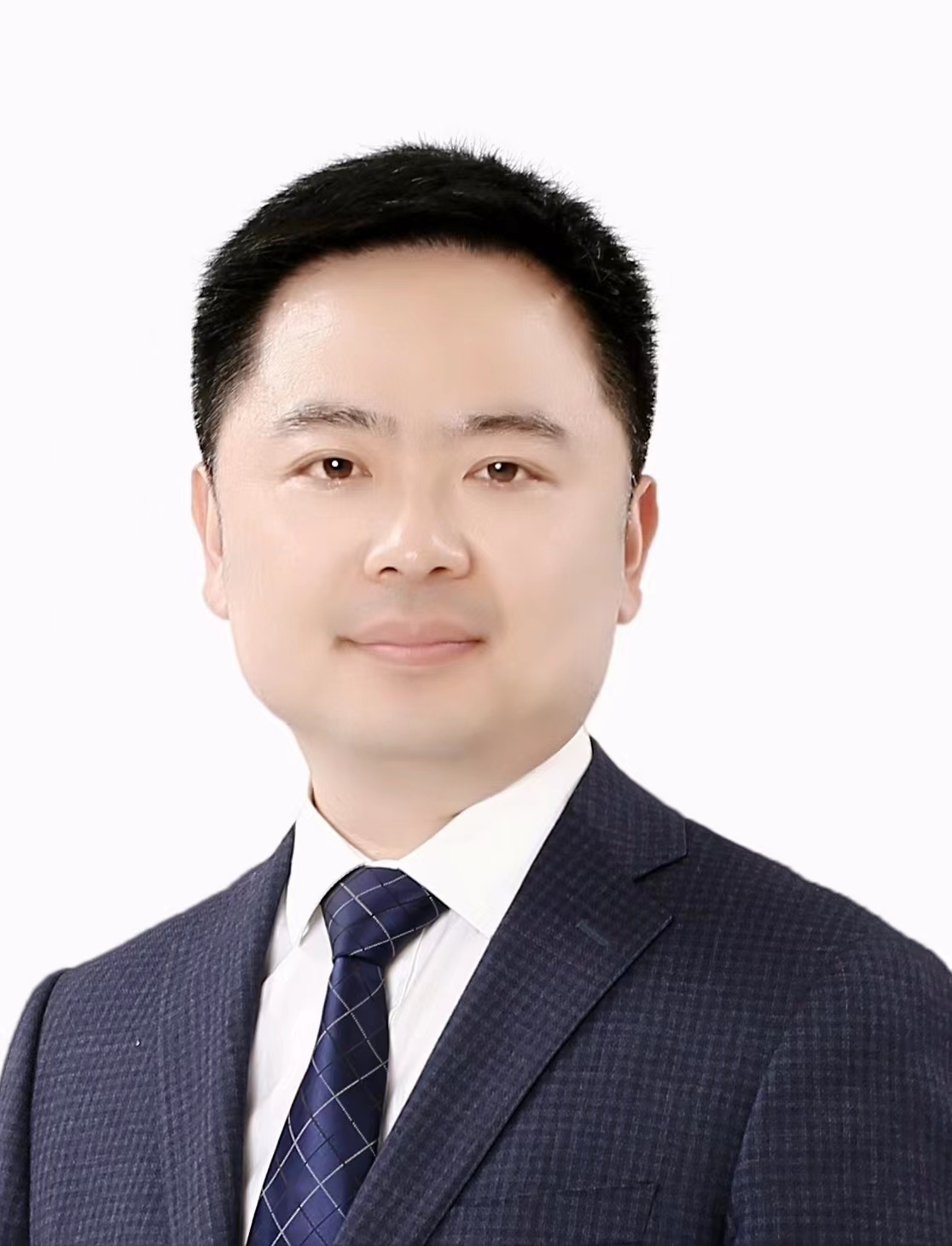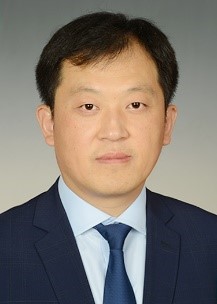
| Prof. Peide Liu, Shandong University of Finance and Economics, ChinaDecision theory and optimization method, Big data business analysis, Blockchain technology and application, Marine economy and managementPeide Liu (Member, IEEE) is currently a Professor with the School of Management Science and Engineering, Shandong University of Finance and Economics, Shandong, China. He has authored or coauthored more than 200 publications. His research interests include aggregation operators, fuzzy logic, fuzzy decision making, and their applications. He is a member of the editorial board of the other 12 journals. He is an Associate Editor of the Journal of Intelligent and Fuzzy Systems and the Editorial Board of the journal Technological and Economic Development of Economy. Title: Key Technologies and Demonstration Applications of Data Element Market Based on Blockchain Abstract: Based on blockchain theories and technological achievements, this study constructs a technical system for the data element market to support the transformation of data elements into resources, assets, and capital. It develops new technologies to enhance the processes of data rights confirmation, marking, storage, transaction, utilization, and governance; researches blockchain-based data transaction verification tools to track data usage and realize full-process traceability of transaction data; proposes an incentive mechanism involving multiple entities and establishes a new market distribution mechanism for data elements; and develops a distributed data transaction platform based on blockchain technology, with application demonstrations carried out in relevant fields. |
Prof. Wenke Zang, Shandong Normal University, ChinaIntelligent computing, Machine learning, Data mining, Information management and e-commerceProfessor Zang Wenke is Vice president of Meigu College and head of Department of Electronic Commerce of Shandong Normal University. Visiting Scholar, College of Business and Science, Texas State University, SAN Antonio (UTSA), USA (2015-2018). Expert in Degree and graduate Education Evaluation of Degree Center of Ministry of Education, Senior member of China Computer Society, director of Shandong Computer Society, director of Computer Teaching Professional Committee of Shandong Higher Education Society, science and technology expert of Shandong Province, industry and information technology expert of Shandong Province, high-level talents of Jinan City, "Outstanding Youth" of Shandong Normal University, excellent postgraduate supervisor of Shandong Normal University, Shandong Normal University graduate students "five guide" excellent guide team. Title: Research on Clustering Algorithm for Complex Data Abstract: Clustering is an unsupervised machine learning method designed to partition data points into clusters such that intra-cluster samples are as similar as possible, while inter-cluster samples are maximally distinct. Methods such as Density Peak Clustering (DPC) and multi-view clustering(MVC)enhance performance by leveraging density-based or graph-based similarity measures, thereby revealing more intrinsic structures in the data. However, DPC still suffers from several limitations when dealing with complex datasets, including subjective center selection, reliance on traditional density and distance metrics, and erroneous assignment of data points, which compromise its performance. Moreover, existing multi-view clustering algorithms often struggle to effectively handle large-scale and complex datasets.This report first provides an overview of the fundamental principles, research status, and core challenges of the DPC and MVC algorithms. Simultaneously, to address these limitations, this report proposes adaptive optimization approaches for various complex datasets from five perspectives: multi-feature-point representation, density voting and neighborhood diffusion, connectivity subgraphs construction, virtual regularized bipartite graph learning and feature dimensionality reduction. Specifically, our work includes: a multi-feature-point density peak clustering algorithm tailored to diverse cluster structures; improved cluster center identification and core structure detection through density voting and neighborhood diffusion; and the design of connectivity subgraph construction using superior nodes and fuzzy correlation to eliminate manual center selection. Furthermore, we introduce anchor-based bipartite graph strategies to handle large-scale data complexity, and propose a novel tensor-based unified discrete multi-view projection clustering framework. This presentation will provide a comparative analysis of these improved algorithms in terms of their core concepts, technical contributions, and experimental performance. Building upon the review of DPC and MVC algorithms, we will discuss their practical application potential and challenges. Experimental results demonstrate that these enhanced algorithms exhibit superior performance on synthetic datasets, real-world datasets, and image data, offering valuable insights and references for future development of DPC and MVC in complex data mining tasks. |
|
| Prof. Ye Li, Qilu University of Technology, ChinaSignal and information processing, Information management and information systems, Scientific and technological innovation and policy researchProfessor Li Ye is a member of the Standing Committee of the 13th and 14th Youth Federation of Shandong Province, an excellent scientific and technological worker of Shandong Province, a young expert of Taishan Scholars, a decision-making consulting expert of think tank of Shandong Province, an expert of Decision-making Advisory Committee of Shandong Province, a leader of the innovation team of "Youth Innovation Science and Technology Plan" of Shandong colleges and universities, a vice chairman of Jinan Youth Federation, a vice chairman of Shandong Provincial Youth Federation. Shandong Academy of Sciences young and middle-aged academic leader. He is currently the director of Shandong Institute of Science and Technology Development Strategy, the director of the Department of Economics and Management of Qilu University of Technology, the dean of the School of Management, the dean of the School of Finance, and the vice chairman of Shandong Computer Society and the president of Shandong Science and Technology Management Research Society. He served as deputy director of Shandong Computing Center and director of Shandong Key Laboratory of Computer Network. Title: Research progress of deep learning in low bit rate speech coding field Abstract: Low bit rate speech coding algorithms mainly refer to speech coding algorithms for narrowband speech with encoding rates below 4kbps, used widely in shortwave communication 、satellite communication、confidential communication and underwater communication. Traditional low bit rate speech coding algorithms mostly use parameter coding models, such as enhanced mixed excitation linear prediction coding algorithm, mixed excitation linear prediction coding algorithm, sine excitation linear prediction coding algorithm, etc. The above algorithm achieved good synthesized speech quality at speeds of 2400bps and below, but there is still significant room for improvement. With the development of deep learning technology, multi-layer neural networks have shown great potential in the field of low bit rate speech coding algorithms, and have been widely and deeply studied. They can greatly reduce coding rates and improve the quality of synthesized speech. We will mainly explore the current status of traditional low bit rate speech coding algorithms, the research progress of deep learning speech coding algorithms, and the main problems they face. |
Prof. Guangchen Wang (IEEE Senior Member), Shandong University, ChinaStochastic control, Stochastic filtering, Differential games, Financial engineeringWang Guangchen, Professor, doctoral supervisor, Director of Institute of Automation, Distinguished professor of Shandong University, Young Scholar of Changjiang Scholars Award Program of Ministry of Education. He is mainly engaged in teaching and scientific research in the fields of stochastic control and financial engineering. He presided over 5 national projects such as the National Outstanding Youth Fund and the National Outstanding Youth Fund, and won 1 first prize of Natural Science Award of Shandong Province and 1 second prize of Natural Science Award of higher Education institutions of the Ministry of Education. Title: Pareto game of stochastic differential system with terminal state constraint Abstract: This talk focuses on a type of Pareto game driven by stochastic differential equation with terminal state constraint. A necessary condition and a sufficient condition for Pareto efficient strategy are established. As an application of the results obtained above, a government debt stabilization problem is solved numerically. |
|



